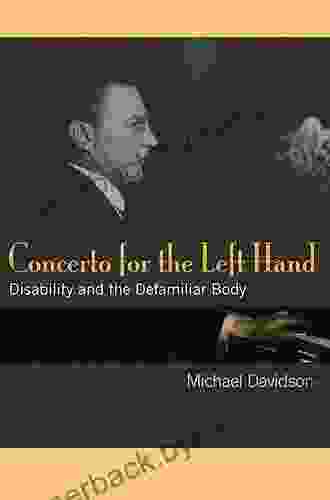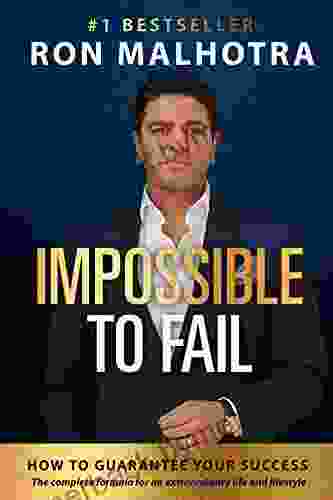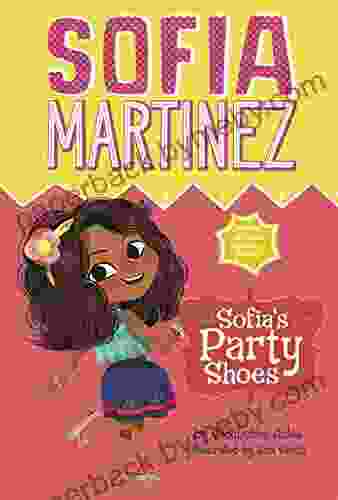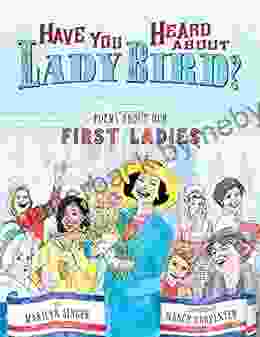Disability and the Defamiliar Body: A Critical Examination of Corporeal Experiences

Disability is often understood as a deviation from the norm, a body that does not conform to the idealized standards of beauty and functionality. This can lead to a sense of defamiliarization, a feeling of being strange or out of place in one's own body. This article examines the concept of the defamiliar body in the context of disability, exploring the social, cultural, and medical discourses that shape our understanding of disabled bodies.
The Social Construction of Disability
Disability is not a fixed or inherent characteristic of an individual, but rather a social construct that is created and defined by the surrounding culture. The medical model of disability, which is dominant in Western societies, views disability as a medical problem to be fixed or cured. This model focuses on the individual's deficits and limitations, and often leads to a stigmatization of disabled people.
4.5 out of 5
| Language | : | English |
| File size | : | 4380 KB |
| Text-to-Speech | : | Enabled |
| Screen Reader | : | Supported |
| Enhanced typesetting | : | Enabled |
| Word Wise | : | Enabled |
| Print length | : | 306 pages |
The social model of disability, on the other hand, views disability as a social problem created by barriers in the environment. This model emphasizes the role of society in disabling people, and argues for the need to create a more inclusive and accessible world for all.
The Defamiliar Body
The defamiliar body is a body that is seen as different, strange, or unfamiliar. This can be due to a variety of factors, such as disability, illness, or aging. The defamiliar body can be a source of shame and embarrassment for the individual, and can lead to social isolation and exclusion.
The concept of the defamiliar body has been explored in a number of different disciplines, including sociology, anthropology, and philosophy. In the field of disability studies, the defamiliar body is seen as a site of resistance to the dominant social norms that define what is considered to be a normal and acceptable body.
Embodiment and Disability
Embodiment is the experience of one's body as a lived, embodied reality. For disabled people, embodiment can be a complex and challenging experience. The defamiliar body can disrupt the sense of self and identity, and can lead to feelings of alienation and isolation. However, embodiment can also be a source of strength and resilience for disabled people. By embracing their own bodies, disabled people can challenge the dominant social norms that define what is considered to be a normal and acceptable body.
Disability and the Medical Model
The medical model of disability has a profound impact on the way that disabled people are perceived and treated. This model views disability as a medical problem to be fixed or cured, and often leads to a stigmatization of disabled people. The medical model can also lead to a sense of defamiliarization for disabled people, as their bodies are seen as objects to be studied and treated rather than as lived, embodied experiences.
Disability and the Social Model
The social model of disability offers a more empowering and inclusive view of disability. This model views disability as a social problem created by barriers in the environment, and argues for the need to create a more inclusive and accessible world for all. The social model can help to reduce the sense of defamiliarization for disabled people, as it recognizes their bodies as legitimate and valuable members of society.
Disability and the Arts
The arts can provide a powerful way to challenge the dominant social norms that define what is considered to be a normal and acceptable body. Disabled artists have created a wealth of work that explores the experiences of disability, and that challenges the medical model of disability. This work can help to raise awareness of the issues faced by disabled people, and can help to create a more inclusive and equitable society for all.
Disability is a complex and multifaceted experience that is shaped by a variety of social, cultural, and medical discourses. The concept of the defamiliar body can help us to understand the experiences of disabled people, and to challenge the dominant social norms that define what is considered to be a normal and acceptable body. By embracing the diversity of human bodies, we can create a more inclusive and equitable society for all.
4.5 out of 5
| Language | : | English |
| File size | : | 4380 KB |
| Text-to-Speech | : | Enabled |
| Screen Reader | : | Supported |
| Enhanced typesetting | : | Enabled |
| Word Wise | : | Enabled |
| Print length | : | 306 pages |
Do you want to contribute by writing guest posts on this blog?
Please contact us and send us a resume of previous articles that you have written.
 Book
Book Novel
Novel Page
Page Chapter
Chapter Text
Text Story
Story Genre
Genre Reader
Reader Library
Library Paperback
Paperback E-book
E-book Magazine
Magazine Newspaper
Newspaper Paragraph
Paragraph Sentence
Sentence Bookmark
Bookmark Shelf
Shelf Glossary
Glossary Bibliography
Bibliography Foreword
Foreword Preface
Preface Synopsis
Synopsis Annotation
Annotation Footnote
Footnote Manuscript
Manuscript Scroll
Scroll Codex
Codex Tome
Tome Bestseller
Bestseller Classics
Classics Library card
Library card Narrative
Narrative Biography
Biography Autobiography
Autobiography Memoir
Memoir Reference
Reference Encyclopedia
Encyclopedia Kindle Edition
Kindle Edition R F Egerton
R F Egerton Kenneth E Hagin
Kenneth E Hagin S Daniel Abraham
S Daniel Abraham Tiffany Loggins Psyd
Tiffany Loggins Psyd R M Prioleau
R M Prioleau Peter Matthiessen
Peter Matthiessen Kimberly Brown
Kimberly Brown Ken Horlor
Ken Horlor Peter Ustinov
Peter Ustinov Paul Sirett
Paul Sirett Mark Kislich
Mark Kislich Patrick J Buchanan
Patrick J Buchanan Malcolm Williams
Malcolm Williams Michael Davidson
Michael Davidson Matilda Betham
Matilda Betham United States Government Us Army
United States Government Us Army Larry Hodges
Larry Hodges Ken Retallic
Ken Retallic Kerry Karram
Kerry Karram
Light bulbAdvertise smarter! Our strategic ad space ensures maximum exposure. Reserve your spot today!
 Jack PowellFollow ·16.7k
Jack PowellFollow ·16.7k Brennan BlairFollow ·9k
Brennan BlairFollow ·9k Jean BlairFollow ·11k
Jean BlairFollow ·11k Dwight BlairFollow ·2.1k
Dwight BlairFollow ·2.1k J.D. SalingerFollow ·15.1k
J.D. SalingerFollow ·15.1k Douglas AdamsFollow ·19.5k
Douglas AdamsFollow ·19.5k Julian PowellFollow ·6k
Julian PowellFollow ·6k Evan SimmonsFollow ·18.1k
Evan SimmonsFollow ·18.1k

 Isaac Asimov
Isaac AsimovEmbark on an Epic Adventure: The Colorado Trail 9th...
Unveiling the Treasures of the Colorado...
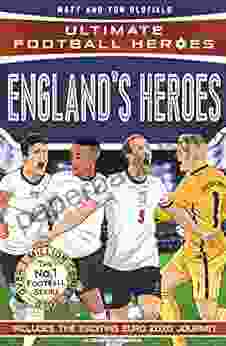
 Clinton Reed
Clinton ReedUltimate Football Heroes: Uncover the Gridiron Greatness...
Enter the World...

 Ibrahim Blair
Ibrahim BlairUnveiling the Secrets of Stolen Focus: A Journey to...
In today's relentless digital...

 Colt Simmons
Colt SimmonsRediscover the Founding Father's Vision: Thomas Jefferson...
Immerse Yourself in the Unedited Words of...

 Juan Butler
Juan ButlerExcel in Language Learning: The Ultimate Self-Study...
Unlock Your Language Potential with Our...
4.5 out of 5
| Language | : | English |
| File size | : | 4380 KB |
| Text-to-Speech | : | Enabled |
| Screen Reader | : | Supported |
| Enhanced typesetting | : | Enabled |
| Word Wise | : | Enabled |
| Print length | : | 306 pages |


